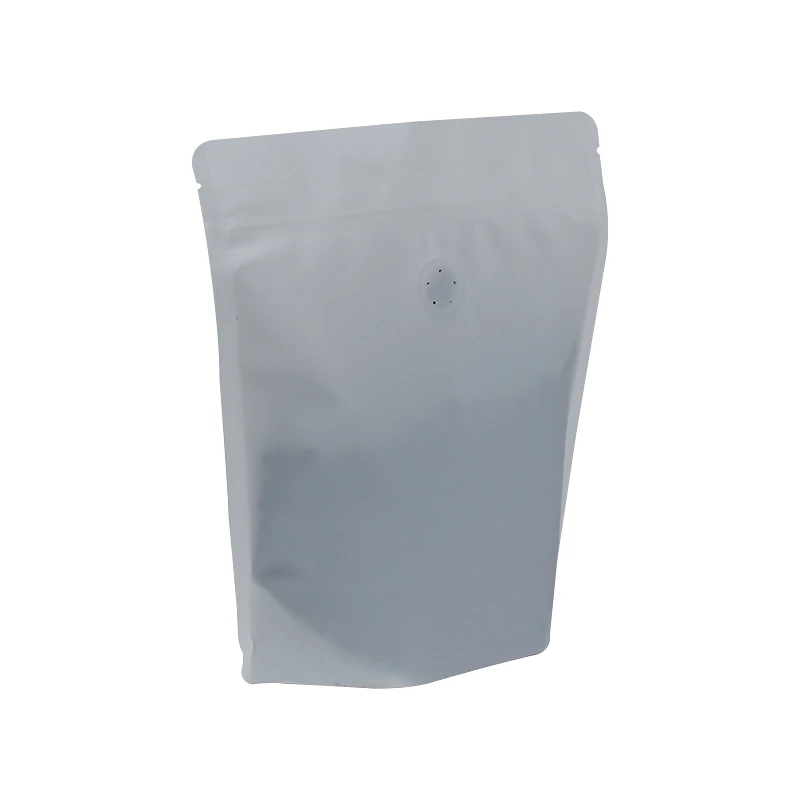- Afrikaans
- Albanian
- Amharic
- Arabic
- Armenian
- Azerbaijani
- Basque
- Belarusian
- Bengali
- Bosnian
- Bulgarian
- Catalan
- Cebuano
- chinese_simplified
- chinese_traditional
- Corsican
- Croatian
- Czech
- Danish
- Dutch
- English
- Esperanto
- Estonian
- Finnish
- French
- Frisian
- Galician
- Georgian
- German
- Greek
- Gujarati
- haitian_creole
- hausa
- hawaiian
- Hebrew
- Hindi
- Miao
- Hungarian
- Icelandic
- igbo
- Indonesian
- irish
- Italian
- Japanese
- Javanese
- Kannada
- kazakh
- Khmer
- Rwandese
- Korean
- Kurdish
- Kyrgyz
- Lao
- Latin
- Latvian
- Lithuanian
- Luxembourgish
- Macedonian
- Malgashi
- Malay
- Malayalam
- Maltese
- Maori
- Marathi
- Mongolian
- Myanmar
- Nepali
- Norwegian
- Norwegian
- Occitan
- Pashto
- Persian
- Polish
- Portuguese
- Punjabi
- Romanian
- Russian
- Samoan
- scottish-gaelic
- Serbian
- Sesotho
- Shona
- Sindhi
- Sinhala
- Slovak
- Slovenian
- Somali
- Spanish
- Sundanese
- Swahili
- Swedish
- Tagalog
- Tajik
- Tamil
- Tatar
- Telugu
- Thai
- Turkish
- Turkmen
- Ukrainian
- Urdu
- Uighur
- Uzbek
- Vietnamese
- Welsh
- Bantu
- Yiddish
- Yoruba
- Zulu
how does a composter work
How Does a Composter Work?
Composting is a natural process that transforms organic waste into nutrient-rich soil amendments. It is an eco-friendly method of recycling kitchen scraps, yard waste, and other organic materials. By understanding how a composter works, you can contribute to reducing landfill waste while enhancing the health of your garden or landscape. Here, we’ll explore the stages of composting, the critical components needed, and the benefits of using a composter.
The Composting Process
At its core, composting is a biological process involving microorganisms, such as bacteria and fungi, that break down organic matter. This process occurs in several stages
1. Material Collection The first step in composting is gathering organic materials, commonly known as greens and browns. Greens include nitrogen-rich items like fruit and vegetable scraps, coffee grounds, and grass clippings, while browns consist of carbon-rich materials like dried leaves, straw, and cardboard. A balanced mixture of both is essential for effective composting.
2. Decomposition Once the materials are combined in the composter, the decomposition process begins. Microorganisms thrive on the organic matter and start breaking it down. Bacteria are often the first to act, decomposing the most readily available materials. As they consume the waste, they produce heat, which helps to kill harmful pathogens and weed seeds present in the organic matter. This process can raise the internal temperature of the compost pile to as high as 150°F.
3. Active Composting During this active phase, the temperature in the composter will fluctuate as different microorganisms take charge of decomposition. Aerobic bacteria, which require oxygen, dominate when oxygen levels are sufficient. To maintain aerobic conditions, it is important to turn the compost pile regularly. Turning aerates the pile, promotes faster decomposition, and ensures that all materials break down uniformly.
4. Curing After several weeks to months of active composting, the pile may cool down, signaling the end of the hot decomposition phase. At this point, the compost enters the curing stage, where the remaining material continues to decompose slowly. This phase can take additional weeks to even months, allowing the compost to stabilize and mature.
5. Harvesting Once the compost has a dark, crumbly texture and earthy aroma, it is ready to be harvested. At this stage, it resembles rich soil and is free of recognizable food scraps and yard waste. Finished compost can be used in gardens, potted plants, or as a top dressing for lawns, enriching the soil with essential nutrients.
how does a composter work

Essential Components of a Composter
To create an effective composter, several components are necessary
- Air Oxygen is essential for aerobic decomposition. A well-ventilated composter allows air to circulate, promoting the activity of beneficial microbes. - Moisture Compost needs to be kept moist, similar to a damp sponge. Too much moisture can lead to anaerobic conditions, while too little can slow down the decomposition process.
- Heat The heat generated during the active composting phase is vital for killing unwanted pathogens and accelerating the breakdown of materials.
- Time Composting is a natural process that requires patience. Depending on the materials used and the environmental conditions, composting can take anywhere from a few weeks to several months.
Benefits of Composting
Composting offers numerous benefits, both environmentally and horticulturally. By composting organic waste, you reduce the amount of waste that ends up in landfills, which in turn reduces methane emissions—a potent greenhouse gas. Additionally, compost enriches soil, improves its structure, enhances water retention, and boosts overall plant health. It also reduces the need for chemical fertilizers, promoting sustainable gardening practices.
In conclusion, understanding how a composter works enables individuals to take an active role in waste reduction and sustainable gardening. By harnessing natural processes, we can transform our organic waste into valuable resources, thus contributing to a healthier planet while nurturing our gardens. Whether you’re a novice gardener or an experienced horticulturist, composting is a rewarding practice that yields significant environmental and practical benefits.













